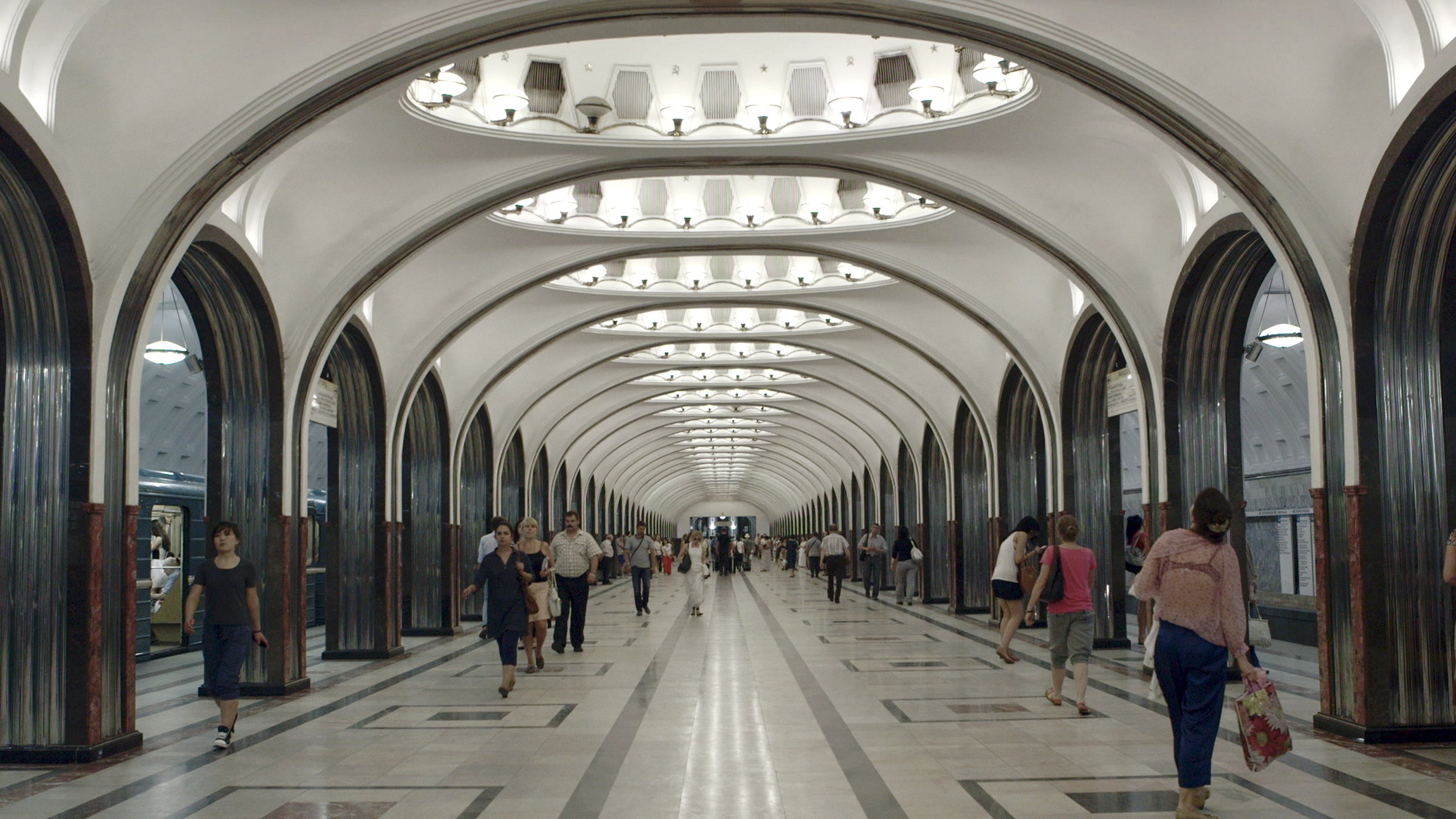

In the 1930’s, the workers of the underground, headed by brigades of writers, are in charge to write in real time "the history of the Moscow Metro". Based on their narratives, partially unpublished, the film recounts the first lines construction of the most beautifiul underground in the world, in the light of this "big literary Utopia", stoped by the purges of 1937-38.
No Trailers found.
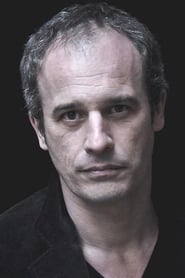
(voice)
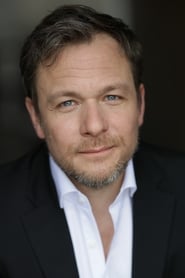
(voice)
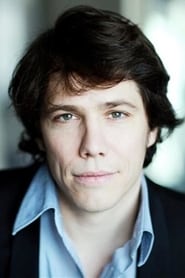
(voice)
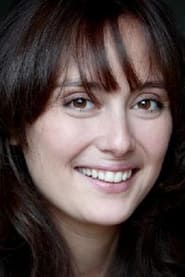
(voice)

(voice)
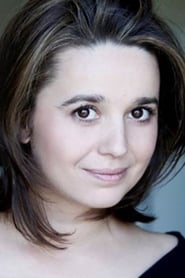
(voice)
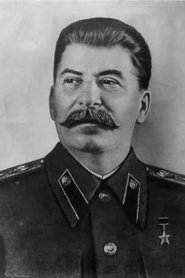
Himself (archive footage)